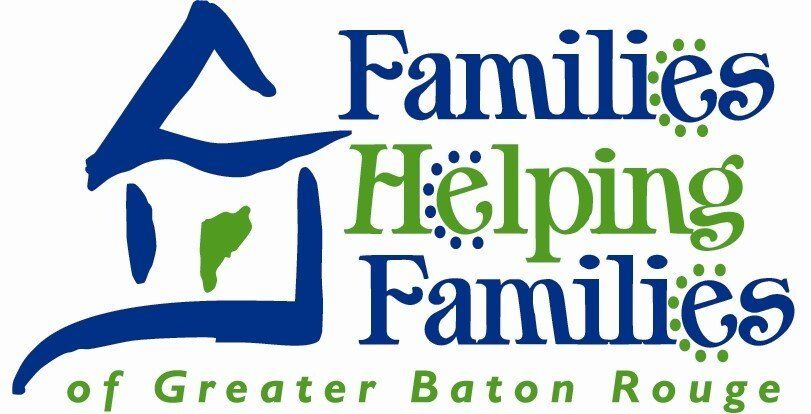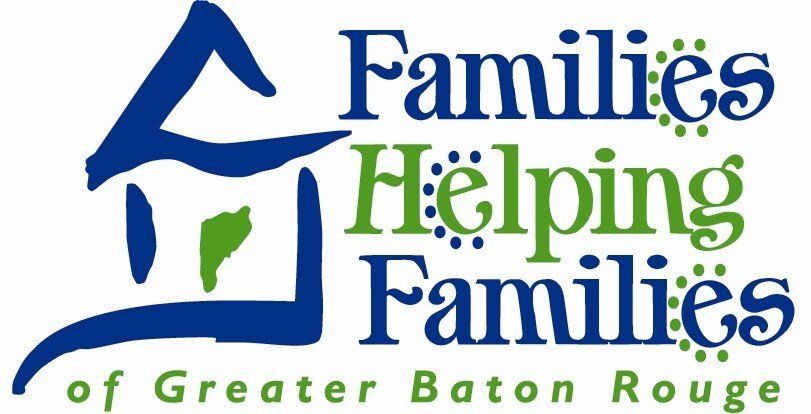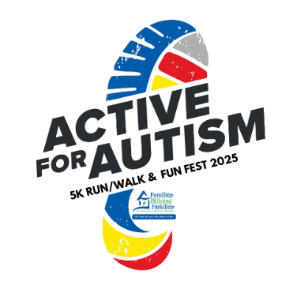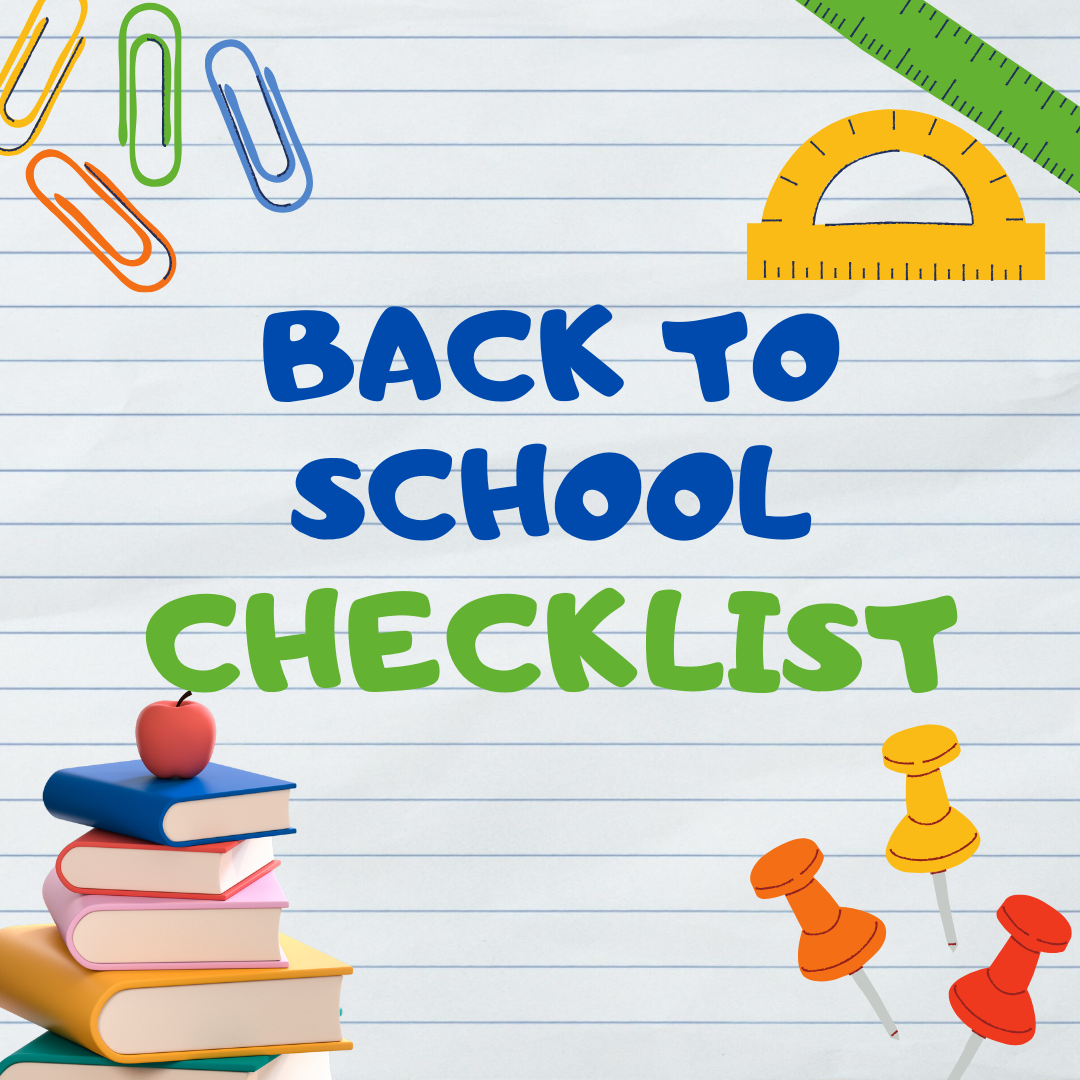Standards Established to Improve Health Care for Kids with Disabilities
A panel of stakeholders crafted a consensus statement aimed at removing barriers to health care for youth with neurodevelopmental disabilities.
by Michelle Diament | May 9, 2024
A first-of-its-kind consensus statement is outlining new standards for providing health care to youth with autism, intellectual disability and other neurodevelopmental disabilities in an effort to overcome persistent inequities in care.
Developed by a panel of health care experts, adults with disabilities and caregivers, the plan published recently in the journal Pediatrics includes 10 statements across five key domains.
“At the heart of this (consensus statement) is an affirmation that all people are entitled to health care that is accessible, humane and effective,” reads the statement which backers hope will be adopted by regulatory bodies as part of their accreditation standards.
The statement includes calls for providers to be trained about caring for those with neurodevelopmental disabilities, improved communication with patients and their families and proactive planning in advance of health care encounters to ensure that patients are at ease and provided accommodations.
In addition, the consensus statement urges steps to address structural ableism, or assumptions by providers that people with disabilities have a lesser quality of life, as well as broader changes within hospitals and similar settings to strengthen care. It also recommends advocating for policy updates so that reimbursement rates and payment models better address the needs of patients with neurodevelopmental disabilities, for example.
Those behind the consensus statement note that individuals with neurodevelopmental disabilities are more likely to have co-occurring medical and mental health conditions, yet they remain at greater risk for adverse events in medical settings including restraint, seclusion and injury that can lead to long-term health issues and higher mortality rates.
The concerns led the Developmental Behavioral Pediatrics Research Network and the Association of University Centers on Disability to establish the Supporting Access For Everyone, or SAFE, Initiative, which is responsible for the new consensus statement.
The panel that crafted the statement relied on existing research as well as testimony from 40 presenters at a public forum to find common ground on ways to address health disparities faced by this population. The resulting document is intended to evolve over time.
“Everyone has a right to equitable and compassionate health care,” said Dr. Carol Weitzman, a coauthor of the consensus statement and a developmental-behavioral pediatrician at Boston Children’s Hospital. “We hope this statement leads the process towards changing culture, attitudes and policies across health care systems which must include the fiscal considerations of equitable care. Individuals with (neurodevelopmental disabilities) can no longer be treated as an afterthought.”







